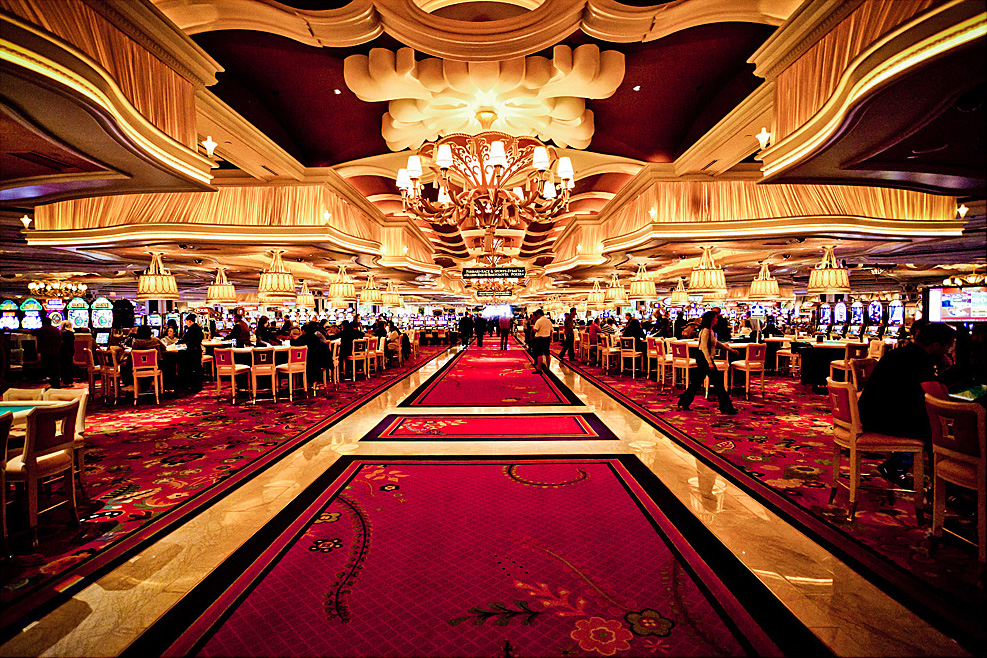
Casino experiences have fascinated players for centuries, progressing from easy diversions to intricate adventures that blend fortune, strategy, and amusement. From the early beginnings of gambling in societies including Mesopotamia and Rome to the dazzling corridors of contemporary casinos, the history of these games reveals much about human nature and our relationship with luck. As societies have intertwined and technology has advanced, casino games have changed, reflecting societal changes and advancements in gameplay.
The primitive versions of gambling likely involved elementary dice-based games and placing bets on the outcomes of sports competitions. As time passed, these basic forms of gambling grew into more complex games like table games, the game of roulette, and the multitude one-armed bandits that populate casino floors today. Each era brought its distinct regulations, design elements, and cultural importance. At present, casino games maintain their evolution with the rise of digital gaming platforms, enabling players from everywhere to participate in a common experience, further merging the traditional with the age of technology.
Early Roots of Casino Activities
Casino activities have origins that reach back to ancient societies, where betting was profoundly embedded in social practices and social rituals. The first known forms of gambling appeared in ancient Mesopotamia around three thousand BC, featuring primitive dice games made from knuckle bones. These early activities laid the groundwork for more complex gambling games, demonstrating humans’ natural urge to pursue fortune and amusement through chance.
As societies developed, so did their gambling pursuits. In historic Chinese culture, around 2300 BC, objects were found that resembled early rudimentary forms of a lottery game game. More structured instances of betting developed in the Roman Empire, where activities of chance were a popular pastime, often taking place in community gatherings. The Romans developed various wagering activities, which included die and board activities, showing the pervasive nature of betting across various economic strata.
With the passage of time, these early games contributed to the development of contemporary gambling games. In the medieval period, card activities became prevalent in Europe, paving the way for the organized gaming venues we know today. The transition from informal gambling to formal gaming in pubs and personal homes marked a major shift in how people engaged with games of chance, leading to the eventual establishment of gaming houses as specialized places for betting.
The Rise of Modern Gambling Industry
The late 20th century marked a significant shift in the realm of gambling games, fueled by technological advancements and shifts in cultural attitudes towards gambling. The introduction of computers and the internet revolutionized the way players engaged with their favorite gaming experiences. Online casinos emerged, enabling players to enjoy timeless casino classics like poker and blackjack from the convenience of their homes. This new digital landscape not only expanded access to casino games but also drew in a fresh crowd who found the convenience and variety appealing. FUN88
As online gaming gained traction, so did developments in casino tech. The creation of advanced programs and graphics converted classic gambling games into immersive experiences. Gamblers could now connect with realistic live dealers through live streaming, bringing the atmosphere of brick-and-mortar casinos directly into their houses. This blending of live gaming with digital interfaces created a new hybrid model that elevated the social aspect of playing, allowing it possible for individuals to engage and challenge with others around the globe.
Additionally, the emergence of mobile gaming significantly changed the gambling environment. With the widespread use of smartphones and touch devices, players can play their preferred casino games anywhere, at any time. Mobile apps offer a wide selection of games tailored for mobile screens, serving the fast-paced lifestyle of modern users. This availability has produced rising engagement in casino games, driving the exponential growth of the gaming industry. As a result, the future of the gaming industry continues to evolve, responding to technological advancements and changing player expectations.
The Impact of Technology on Casino Games
Technology’s advancement has greatly changed casino games, enhancing the overall experience for players for players around the world. With the introduction of the internet, online casinos emerged, allowing players to play their preferred games from the safety of their own homes. This change not only made casino games more accessible but also expanded the variety of games available, as online platforms could offer many different versions of traditional games without the limitations of physical casinos.
Mobile technology further revolutionized the casino gaming landscape. As smartphones and tablets became widespread, players can to engage in casino games whenever and wherever they want. This flexibility has led to the development of dedicated mobile applications and optimized websites that provide seamless gaming experiences. Additionally, innovations such as live dealer games have delivered the authentic atmosphere of a casino into players’ homes, bridging the gap between physical and online gaming.
Furthermore, advancements in artificial intelligence and VR are leading to the next generation of casino games. AI improves game design and player interaction, creating tailored experiences based on user behavior and preferences. Meanwhile, virtual reality offers immersive environments where players can engage in a virtual casino environment, making the gaming experience more engaging and realistic. As technology continues to evolve, the future of casino games looks promising, filled with limitless opportunities for advancements and entertainment.
